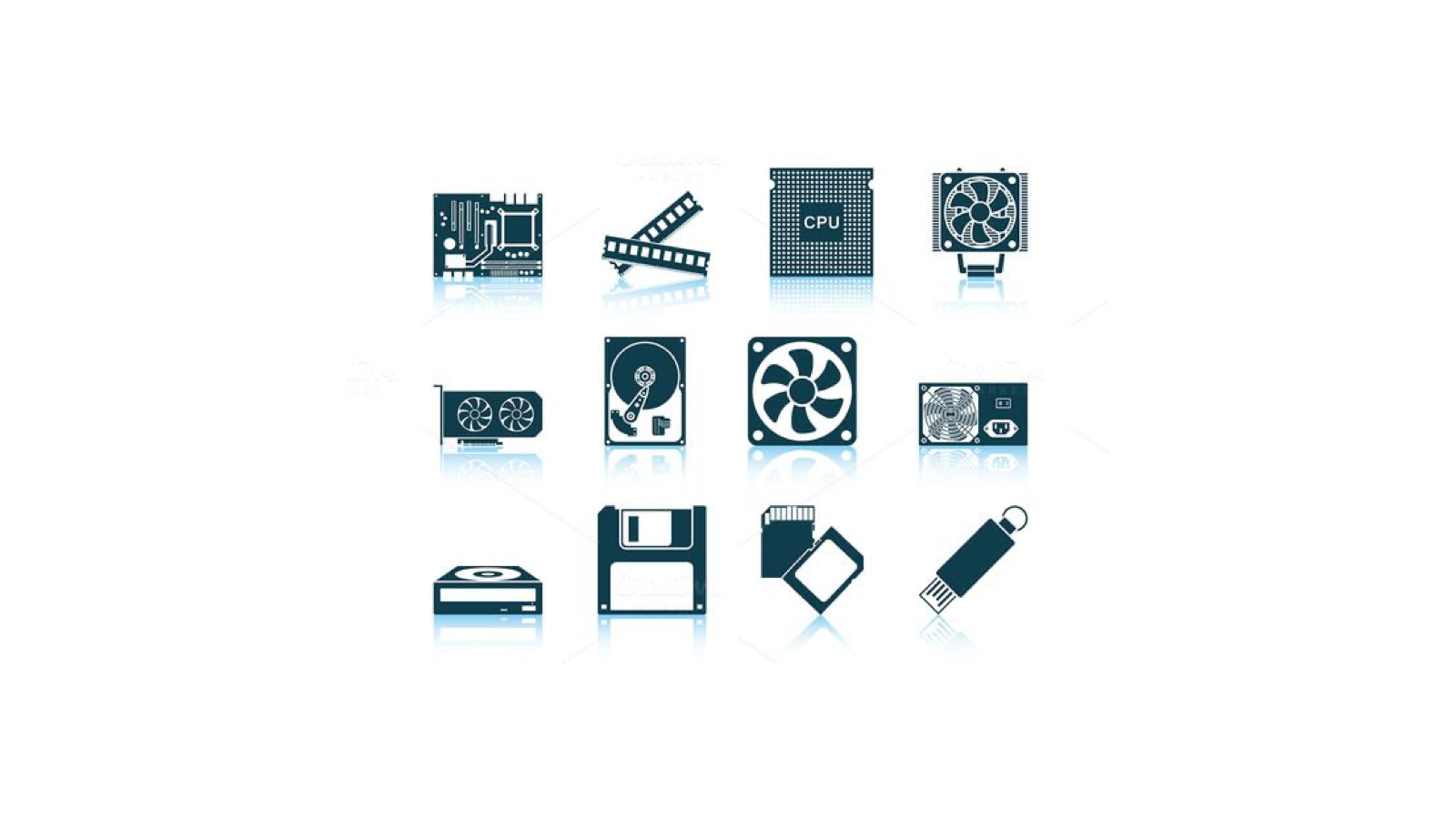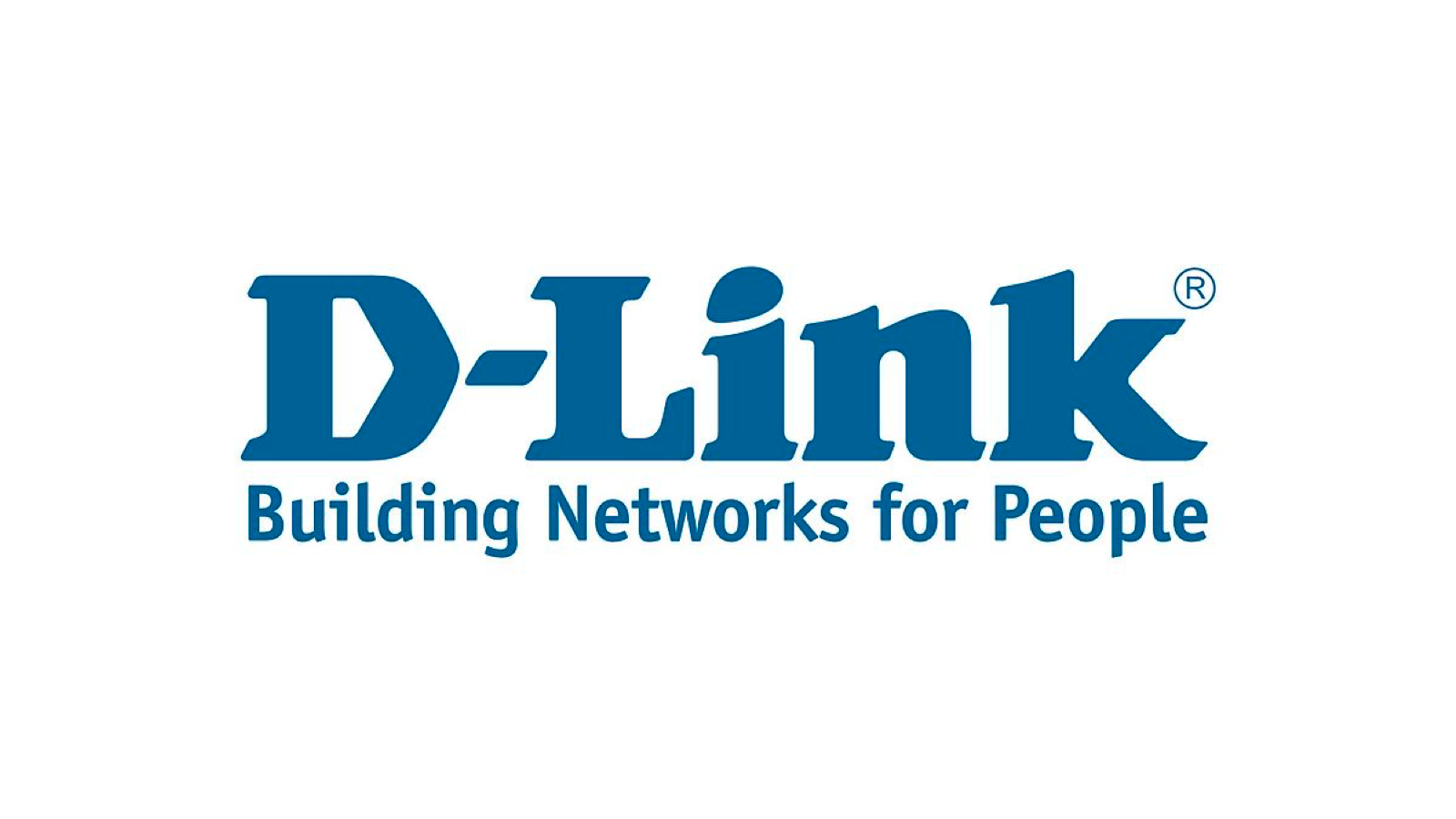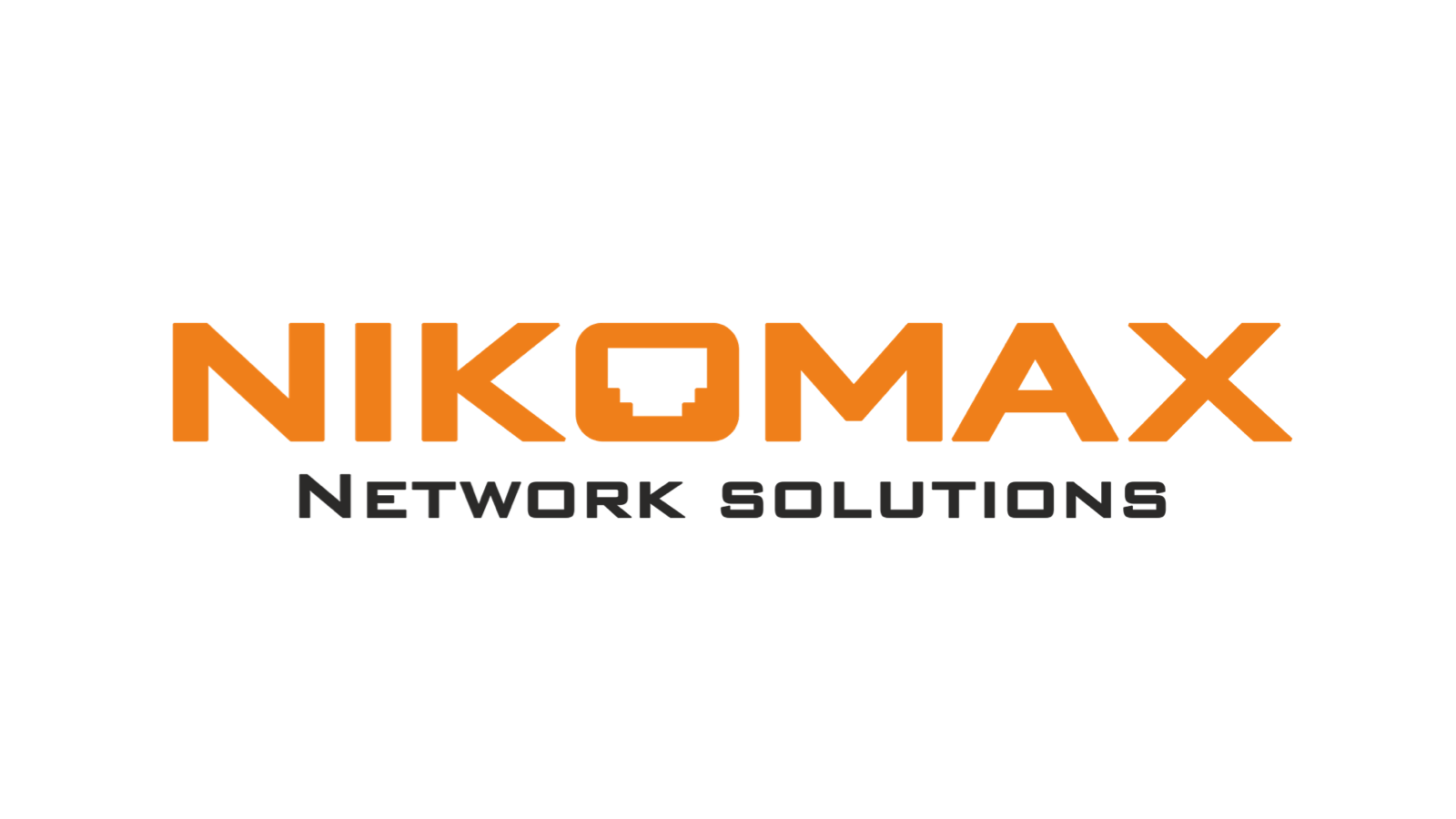Transforming Industries with AI
Artificial Intelligence (AI) is profoundly revolutionizing various industries, driving efficiency, cost savings, and enhanced decision-making processes. One of the most prominent sectors experiencing this transformation is healthcare. AI-driven diagnostics leverage vast datasets and sophisticated algorithms to identify diseases faster and with greater accuracy than traditional methods. For instance, predictive analytics are being used to foresee patient outcomes, allowing for more personalized and effective treatments. Additionally, AI-powered robotic surgeries increase precision, reduce recovery times, and minimize human error.
In the finance sector, AI applications like predictive analytics are transforming how financial institutions operate. AI systems analyze vast amounts of data to predict market trends, enabling more informed investment decisions. Fraud detection has also seen significant advancements, with AI algorithms identifying suspicious activities in real-time, thereby reducing the risk of financial crimes. Moreover, customer service is being enhanced through AI-powered chatbots that provide instant support, improving client satisfaction and operational efficiency.
The transportation industry is witnessing a paradigm shift with the advent of autonomous vehicles. Self-driving cars, powered by AI, are expected to reduce traffic accidents significantly and improve fuel efficiency. AI systems process real-time data from various sensors to make split-second decisions, enhancing safety and reliability. Furthermore, AI optimizes logistics and supply chain operations, ensuring timely deliveries and reducing operational costs.
Manufacturing is another sector where AI is making a substantial impact. Smart factories equipped with AI-driven machinery and IoT devices are optimizing production lines, predicting maintenance needs, and reducing downtime. These advancements lead to increased productivity and significant cost savings. AI also facilitates quality control by identifying defects in products at an early stage, ensuring higher standards and reducing waste.
Despite these benefits, industries face challenges in AI adoption, including high implementation costs, data privacy concerns, and the need for skilled professionals. Addressing these limitations requires continuous investment in research, development, and training to harness AI’s full potential.
Impact on Society and Daily Life
Artificial Intelligence (AI) is profoundly transforming society and daily life in multifaceted ways. One of the most significant impacts is seen in the job market. AI technology is creating new job opportunities in fields like data science, machine learning engineering, and AI ethics consulting. However, it is also displacing certain types of jobs, particularly those involving routine and repetitive tasks. Automation in manufacturing and administrative roles, for example, has led to job losses but also spurred the need for reskilling and upskilling in more advanced technological competencies.
The rise of AI introduces numerous ethical considerations that need careful addressing. Privacy concerns are paramount, as AI systems often rely on vast amounts of personal data. The use of this data must be managed responsibly to protect individuals’ privacy. Algorithmic bias is another critical issue; AI systems can perpetuate and even exacerbate existing biases if not designed and monitored properly. This calls for the development of more transparent and fair algorithms.
Moreover, AI is increasingly weaving itself into the fabric of daily life. Virtual assistants like Siri and Alexa are prime examples of AI simplifying everyday tasks, from setting reminders to controlling smart home devices. Personalized recommendations on streaming services and e-commerce platforms enhance user experiences by suggesting content and products tailored to individual preferences. These integrations demonstrate how AI is making daily interactions more efficient and personalized.
Looking ahead, AI holds immense potential to address some of the most pressing global challenges. In the realm of climate change, AI can optimize energy usage and predict environmental changes with greater accuracy. In healthcare, AI can improve diagnostics, personalize treatment plans, and make healthcare more accessible to underserved populations. As AI continues to evolve, its role in shaping a more efficient, equitable, and sustainable world will become increasingly prominent.











